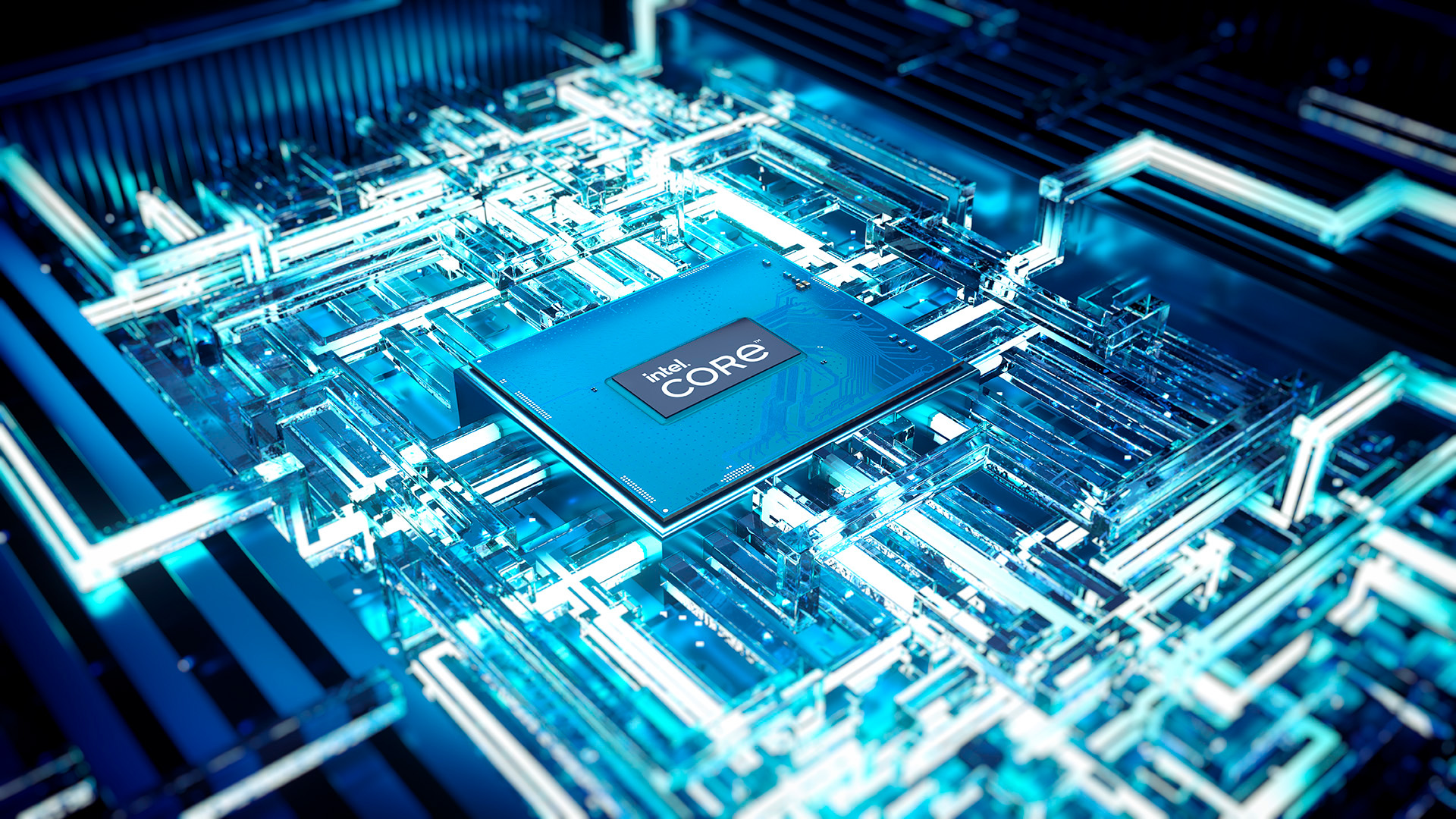
Intel threw shade at its two biggest competitors in its latest product security report, claiming that AMD has over four times more firmware vulnerabilities while Nvidia had 80% more GPU security issues.
The first three points of the key findings summary for Intel’s 2024 Intel Product Security Report focused mostly on itself, highlighting the performance of its internal security research team, saying that it uncovered 96% of new vulnerabilities internally last year and that 100% of hardware issues were discovered within the company.
Intel’s last three points focused on its two biggest competitors: AMD and Nvidia. According to Intel, the former reported “4.4x more firmware vulnerabilities in their hardware root-of-trust” and “1.8x more firmware vulnerabilities in their confidential computing technologies” when compared. It also criticized Nvidia in the GPU category, saying it “had only high-severity vulnerabilities (18)” for 2024.
Aside from these summaries, Intel continued with more details in the report. It said that AMD discovered only about 57% of reported platform vulnerabilities, meaning security researchers or the public have found the remaining 43%. Additionally, AMD has 78 vulnerabilities currently listed as “No fix planned,” meaning AMD has no solution. This is in contrast with Intel, saying that it has provided mitigations or solved all hardware root-of-trust vulnerabilities in all supported SKUs (which, it claims, were all found internally).
On the GPU front, the company claimed that it has the fewest vulnerabilities, saying that there were only 10 reported issues on Intel GPUs, of which only one is noted as a high or severe threat, and the rest are labeled as medium. On the other hand, Nvidia reported 18 security vulnerabilities—all of which are marked as high severity, with 13 of them potentially allowing a bad actor to execute code on the affected PC.
Intel says it prioritizes security within its CPUs and GPUs, even though China accused it of massive security flaws in October 2024. While we should always be skeptical of information like this, especially as this is Intel patting itself on the back, we can easily check these reports on public databases like the National Vulnerability Database as well as in the security bulletins of the respective companies.
Aside from claiming its products are the most secure, Intel is also trying to take AMD and Nvidia down a peg. Now probably isn’t the time for that — although Intel still owns a majority market share in x86 CPUs, AMD recently jumped by 5.7 percentage points in 3Q24, just as Team Blue grappled with the Intel 13th- and 14th-gen instability issues and its disastrous financial results released in late July.
Simultaneously, Intel is also trying to take on Nvidia in the AI chip space with Gaudi 3, but it has so far failed to hit its target and recently canceled its next-gen Falcon Shores entirely, meaning the company won’t have a competitive AI part for the public for over a year. Meanwhile, Jensen Huang and Nvidia are raking in billions due to the demand for their hardware.






